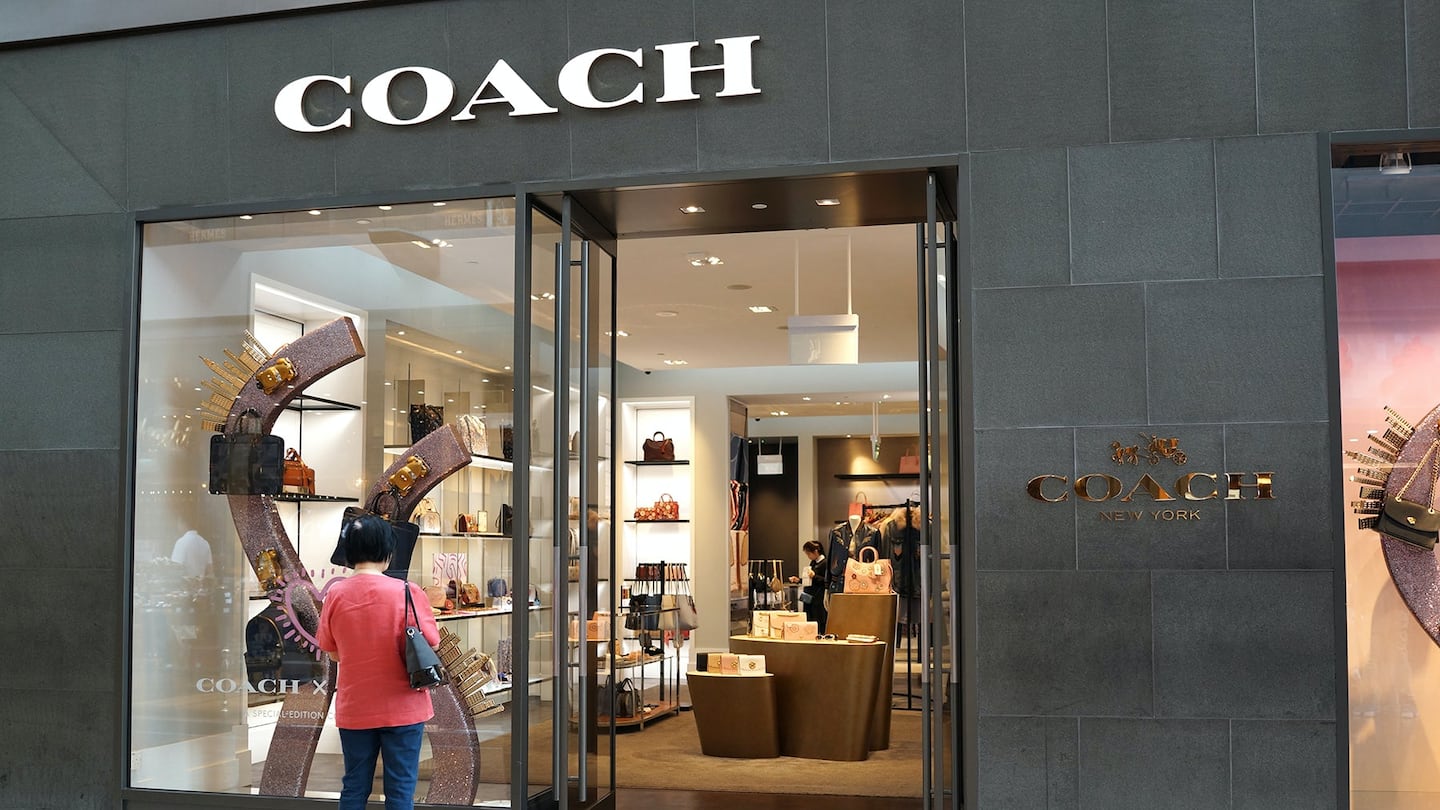
The Business of Fashion
Agenda-setting intelligence, analysis and advice for the global fashion community.

Agenda-setting intelligence, analysis and advice for the global fashion community.

The American leather goods brand said it had ceased the practice of destroying in-store returns of damaged and unsalable goods in an Instagram post, after a TikTok video showing slashed handbags went viral over the weekend.
The post by environmental activist Anna Sacks, who goes by @thetrashwalker on social media, has received over 500,000 likes. It shows the anti-waste campaigner displaying Coach products she purchased from Tiffany Sheree, or Dumpster Diving Mama, an influencer who sells items she finds in the garbage. In the video, Sacks alleged that Coach has a policy to deliberately destroy unwanted merchandise to gain a tax benefit.
Coach said that the vast majority of its excess inventory is donated and that the damaged product that was being destroyed in stores represented around 1 percent of its units globally. The brand added that it is not claiming any tax benefits on unsalable returns that were destroyed in store. The company said it is developing and implementing solutions to responsibly repurpose, recycle and reuse excess or damaged products.
Coach is not the first fashion label to come under fire for the practice of destroying unwanted goods. In 2018, Burberry faced criticism after reporting that it had destroyed nearly $40 million worth of product. The company subsequently committed to stop the practice. In France, regulations ban brands from burning or dumping unsold items.
ADVERTISEMENT
Sacks is working to build a coalition focused on introducing federal laws that will discourage over-production and incentivise donation rather than destruction if goods are not sellable. The group’s first meeting will take place in a few weeks. “I really want this to be common sense, non-partisan and passable. It shouldn’t be controversial,” Sacks said. “If Coach wants to be part of it, that would be fantastic.”
Learn more:
Luxury Brands Burn Unsold Goods. What Should They Do Instead?
The luxury industry’s habit of destroying end-of-season leftovers is under threat, thanks to a consumer backlash and increasing government regulations. BoF uncovers the best solutions.
The outerwear company is set to start selling wetsuits made in part by harvesting materials from old ones.
The trial of Colombian designer Nancy Gonzalez for smuggling alligator and snakeskin handbags into the US shone a rare public spotlight on the trade in the exotic skins used for some of fashion’s most expensive and controversial products.
Europe’s Parliament has signed off rules that will make brands more accountable for what happens in their supply chains, ban products made with forced labour and set new environmental standards for the design and disposal of products.
Fashion’s biggest sustainable cotton certifier said it found no evidence of non-compliance at farms covered by its standard, but acknowledged weaknesses in its monitoring approach.